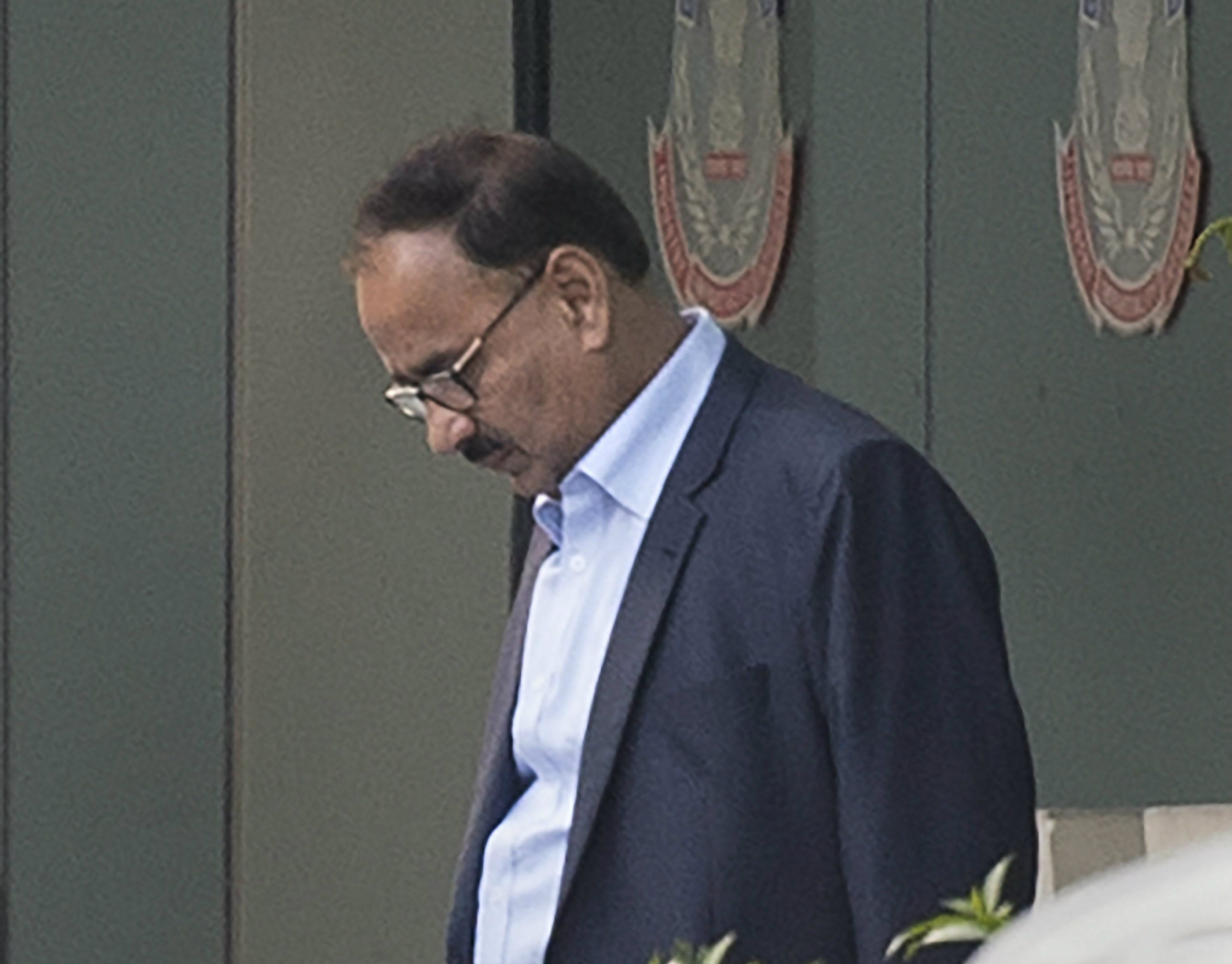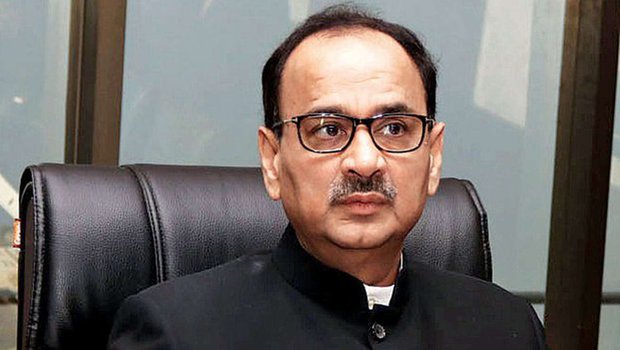A curious paradox lies at the heart of the functioning of the Central Bureau of Investigation. Any significant criminal investigation requiring impartiality inevitably raises bipartisan demands for a CBI probe. The CBI, it appears, is more trusted than the state police. But when it comes to the probity of the CBI itself, every scandal demonstrates the extent to which the CBI is politically captured. Such a scandal is usually concomitant with an urgent intervention of the Supreme Court to rescue the CBI.
In this backdrop, the Supreme Court judgment reinstating Alok Verma as CBI director refuses to be drawn into the question of institutional reform of the CBI. On the contrary, it is a restrained act, signalling that the role of the court is to determine the legality of governmental decisions and not to take the right ones for them.
The judgment does not delve into the substantive merits of whether there was adequate material against Verma to send him on leave. Instead, it finds the procedure used for sending him on leave to be faulty as it was not made on the recommendation of the appointment committee comprising the prime minister, the leader of the Opposition in the Lok Sabha and the Chief Justice of India. It equates the transfer of the CBI director, where such recommendation is mandatory, to be analogous to sending him on leave since they both involve cessation of his current post.
This logic is tenuous. It is well-established in law that suspension pending disciplinary proceedings is not a transfer. However, purposively, it finds such an interpretation necessary since the involvement of this committee is the key bulwark against political interference in the CBI. This is compelling, albeit alternative routes to the same result without distorting the meaning of the word, ‘transfer’, could have been used.
By deciding as it did, the court achieves three results — first, it nullifies the argument raised by counsel that a CBI director has a sacrosanct tenure of two years and he cannot be removed in any manner before that. Fundamentally, such an argument misunderstands the salient constitutional principle that every civil servant works at the pleasure of the president and can be removed at any time provided due procedure is followed.
With the Supreme Court focusing squarely on the procedural question of how removal is to be effected, it is evident that the two-year tenure is not as sacrosanct as it was made out to be.
Second, the judgment passes the baton of the final decision on to the appointment committee comprising the prime minister, the leader of the Opposition and Justice A.K. Sikri, the nominee of the CJI. Much like the restraint demonstrated in the Rafale judgment, the procedural reasons for passing over the Ayodhya dispute time and again and denying urgent hearing to a host of politically sensitive cases, the Supreme Court, under the stewardship of Chief Justice Ranjan Gogoi, appears to be beating a conscious retreat from the forefront of governance issues. This judgment, by limiting itself to a pure question of procedure, follows suit.
From the point of view of securing institutional legitimacy, this is wise. However its wisdom is partially undone by the fact that the swing vote in the committee in a vitiated political atmosphere would always be that of the judge. If retreating from critical governance decisions is what the court set out to do, its ultimate order hoists the court with its own petard.
Third, the refusal to be drawn into internally reforming the CBI also marks a transformation from earlier interventions of the Supreme Court in such matters. In the Vineet Narain case, an early example of how well-meaning activism may not always bear fruit, the Supreme Court passed a slew of directions making the Central Vigilance Commission a statutory body and making the CBI director answerable to the CVC alone. Again, in the Coal Block Allocation case, the Supreme Court threatened to step in to make the CBI, which in its opinion had become a ‘caged parrot’, independent of the government. Unlike such cases, the court passed no wide-ranging directions in this case and showed no appetite for instant institutional reform.
While some may find such restraint as diminishing the court’s reformist zeal, it is an implicit acceptance of a stark reality. The reform of the CBI is not simply about insulating a few positions from governmental interference but, rather, about reforming a culture in which it is acceptable for the police, right from the subinspector to the commissioner, to remain beholden to their political masters. It is a microcosm of the fundamental question of how to reform the entire institution of the police itself into a professional, independent, law-enforcement authority. Such transformations do not happen overnight, less so by judicial diktat.
The failure to reform the police is an original sin of our constitutional scheme. Despite inheriting a repressive colonial police force, there was little that our founding fathers did to check police powers and procedures. On the contrary, by expressly allowing for preventive detention in the Constitution itself and retaining the power of the executive to appoint and transfer police officers at will, the intention of the founding fathers was clear—hard-won freedom could seemingly be preserved only by an all-powerful police machinery at the disposal of the State. This formulation suited successive governments that neither had the will nor the motive to alter the status quo. The court attempted to step into the breach but repeated interventions later, little has changed on the ground. It is clear that police reforms require the will and all the might of the majority, not a benevolent counter-majoritarian court.
Judge Learned Hand, often described as “the tenth judge” on the US Supreme Court, had said that “a society so riven that the spirit of moderation is gone, no court can save.” With this judgment, whether intentionally or otherwise, the Supreme Court appears to have recognized this salient fact and given up on its idée fixe of attempting to engineer a transformation of the CBI, at least for now.
By doing so, it has deflected the issue back to the politicians, in whom the spirit of moderation appears to have truly gone. Instead of giving India the governance it needs, they are currently putting on a theatre of the absurd. Verma was appointed with the prime minister and the CJI voting in his favour and the leader of the Opposition dissenting. When it came to his transfer, however, the same leader of the Opposition recommended his continuance, and the same prime minister and the nominee of the CJI asked for him to be moved on. If it weren’t for the stakes involved, the perfect volte-face by the government and the Opposition would have been simply comedic.
Now, with Verma gone and the politicians seemingly fixated on opposing one another for the sake of opposition, the citizens have the CBI and the police they deserve. The Supreme Court has forced everyone to confront this uncomfortable truth — if the CBI and the police are to be successfully reformed, it can only be because of democracy, not despite it.
The author is Research Director, Vidhi Centre for Legal Policy












